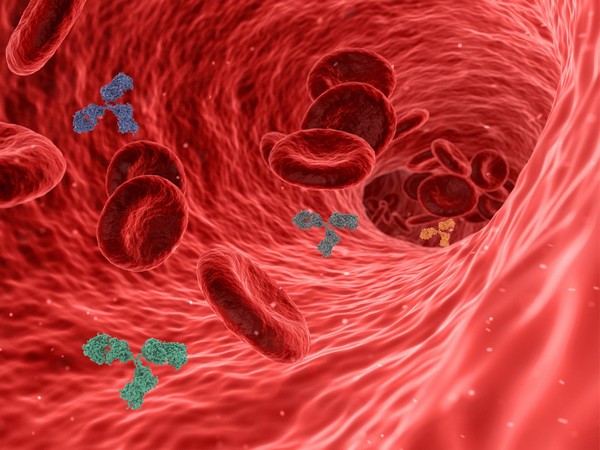Do you often feel like you’re riding an emotional rollercoaster without knowing why? While occasional mood swings are normal, frequent or extreme changes in emotion could signal something deeper.
Hormones play a significant role in regulating your mood, and imbalances in these powerful chemical messengers can leave you feeling irritable, anxious, or downright overwhelmed.
But how can you tell if your mood swings are hormone-related?
Here’s what you need to know.

The Connection Between Hormones and Mood
Hormones influence nearly every system in the body, including your brain and emotions. When your hormonal levels are off balance, it can disrupt neurotransmitters like serotonin or dopamine, which are critical for emotional regulation.
These imbalances are often linked to specific hormones, including:
- Estrogen and Progesterone: These hormones fluctuate throughout the menstrual cycle and can cause mood swings, especially during premenstrual syndrome (PMS) or perimenopause. Too much estrogen or too little progesterone can lead to irritability, anxiety, or sadness.
- Cortisol: Known as the stress hormone, cortisol spikes in response to challenging situations. Chronic stress, however, can cause cortisol levels to remain elevated, leading to emotional exhaustion, anger, or even depression.
- Thyroid Hormones: Hyperthyroidism (overactive thyroid) can cause anxiety, restlessness, and irritability, while hypothyroidism (underactive thyroid) is linked to fatigue and feelings of sadness.
Identifying Hormone-Related Mood Swings
While mood swings can come from various factors, including stress, diet, or even lack of sleep, hormones often present a unique pattern of symptoms.
Here are some signs your hormones might be behind your emotional fluctuations:
- Timing Patterns: Are your mood swings tied to specific times in your menstrual cycle, such as before your period? For some, ovulation or the luteal phase can be key triggers.
- New or Worsening Symptoms: If you’ve recently entered perimenopause or are experiencing postpartum hormonal changes, emotional upheaval may spike.
- Physical Symptoms: Mood swings linked to hormones often come with other symptoms, like weight changes, fatigue, changes in sleeping patterns, or hot flashes.
- Sensitivity to Stress: If you find yourself reacting more sharply to stress or feeling unable to cope, it could be tied to dysregulated cortisol levels.
If these signs resonate, your hormones might be influencing your mood more than you realize.
Managing Hormone-Related Mood Swings
If you suspect your mood swings are hormone-related, there are actionable steps you can take to regain balance and improve emotional stability.
Track Your Symptoms
Keep a journal to monitor your mood swings and note any patterns. Pay attention to when they happen and link them to potential triggers, like diet, sleep, or menstrual cycles.
Adopt a Hormone-Friendly Diet
Nourish your body with foods that support hormonal health. Reach for whole, nutrient-dense foods such as leafy greens, lean protein, and healthy fats. Avoid excessive sugar, caffeine, and processed foods, which can exacerbate hormonal fluctuations.
Get Moving
Regular exercise can help regulate cortisol and boost endorphins, lifting your mood naturally. Even low-impact activities like walking or yoga can make a difference.
Prioritize Sleep
Make quality sleep a priority, as poor sleep can throw your hormonal balance further out of sync. Establish a consistent bedtime routine and aim for 7–9 hours each night.
Seek Support
If mood swings are persistent, severe, or impacting your daily life, consult a healthcare provider. They may recommend hormone testing, therapy, or treatments like birth control to help stabilize fluctuations.
Conclusion
While mild mood swings may be manageable, there are times when professional help is necessary. If you experience persistent sadness, severe anger, or thoughts of self-harm, contact a healthcare provider or mental health professional right away. Hormone imbalances can overlap with conditions such as depression or anxiety, making it crucial to address them early




